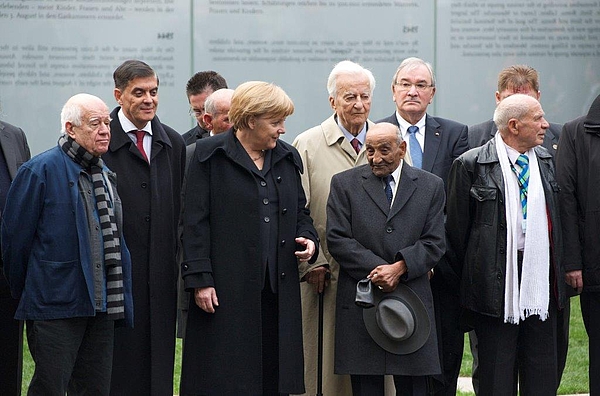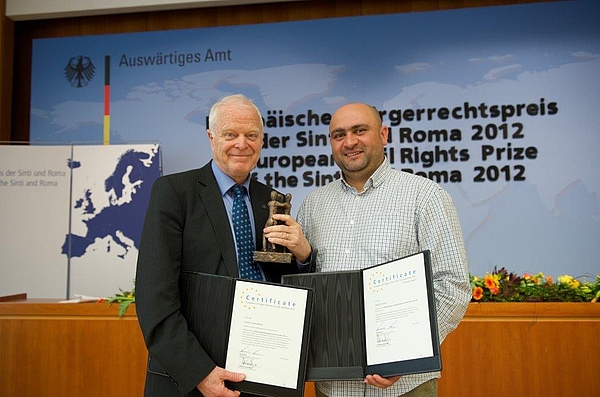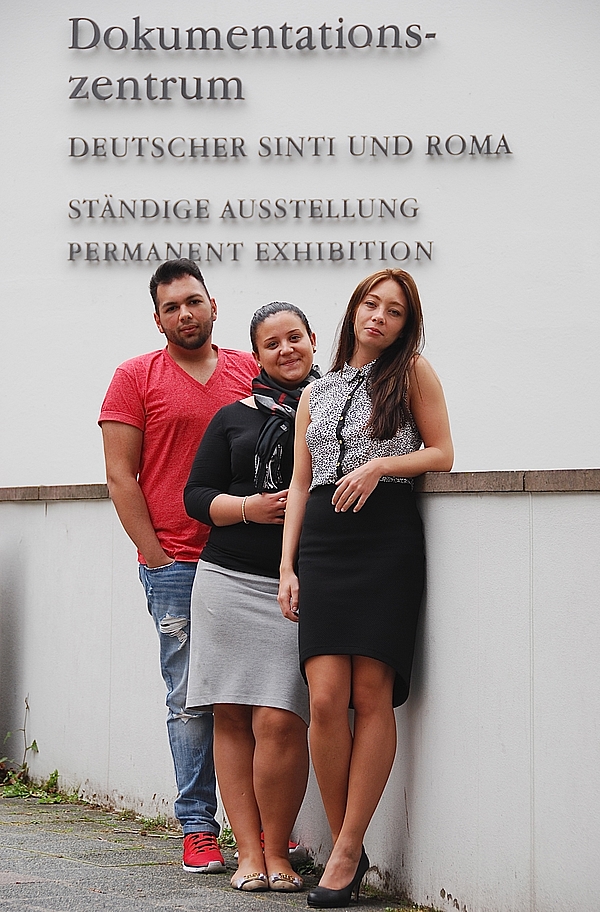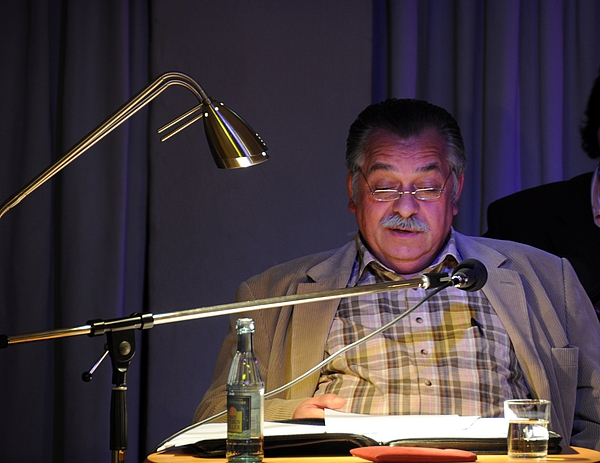Who we represent
The German Sinti and Roma
Sinti and Roma have been living in Europe for hundreds of years. In their home countries they are minorities with a particular history, who call themselves Sinti or Roma, whereby the Sinti are the persons belonging to the minority who are at home in West and Central Europe, and Roma are those coming from East and Southeast Europe. Outside the German language area the name Roma is used for the minority as a whole.
Sinti and Roma have been at home in Germany for more than 600 years. They were first mentioned in an official deed from 1407 in the bishop’s town of Hildesheim. According to estimations there are approximately 60,000 German Sinti and about 10,000 German Roma living in Germany. Additional to German, they speak the minority language of Romanes as a second mother tongue. The German Sinti and Roma are living across the territory of the Federal Republic of Germany.
During the Nazi tyranny the Sinti and Roma were the victim of persecution and genocide – in Germany, in the areas occupied by Germany and in the states who were the allies of Hitler. Circa 500,000 Sinti and Roma fell victim to the racial mania of the Nazis and their systematically prepared genocide, and their cultural heritage was largely destroyed.
The persons belonging to the German Sinti and Roma have established several associations to represent their interests and to promote their culture – such as the Central Council of German Sinti and Roma.
Every two years the Documentation and Cultural Centre of the German Sinti and Roma awards the European Civil Rights Prize, initiated by the Manfred Lautenschläger Foundation. On the photo the ceremony on 3 April 2012 where Thomas Hammarberg received the prize, with special prize-winner George Lacatus.
Additional links:
- Documentation and Cultural Centre of the German Sinti and Roma
- Amaro Drom (intercultural youth organisation of Roma and non-Roma) (German)
- Information on the progress of implementation of the EU Roma strategies in Germany, 2015 (German)
- German Federal Ministry of the Interior about the German Sinti and Roma (German)





 Find us on Facebook
Find us on Facebook